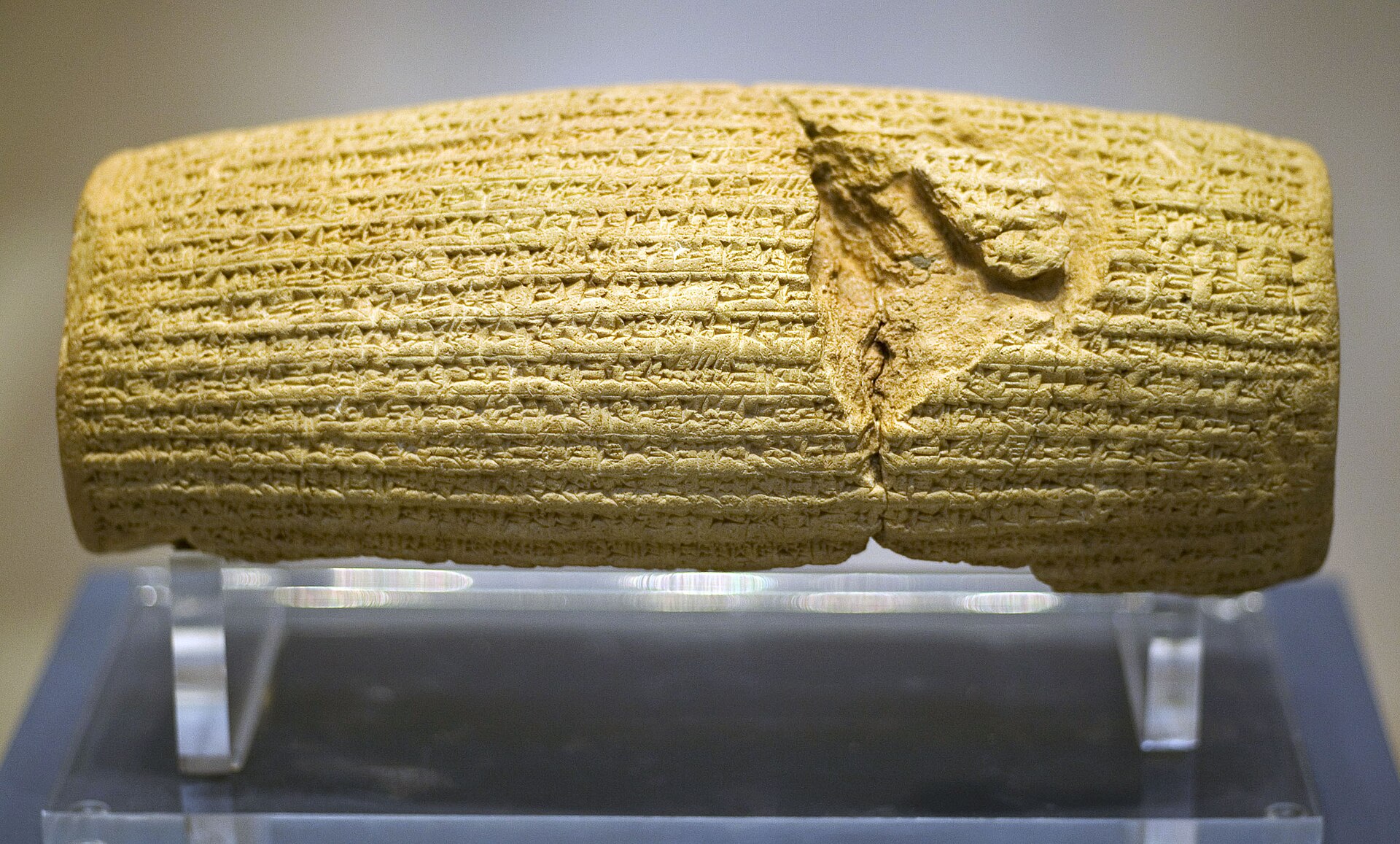- The people's behavior in their own eyes (Isa 58:1-3a)
- The people's behavior in God's eyes (Isa 58:3b-5)
- God's description of what proper behavior really looks like (Isa 58:6-7,9b-10a,13)
- The blessing that will accompany right attitude and action (Isa 58:8-9a,10b-12,14)
The people's perception of their behavior:
- We seek you daily
- We delight to know your ways
- We (as a nation) do righteousness
- We follow your commands
- We delight in seeking your ways to know justice
- Yet, we have not received the blessings we expected - so why do we keep doing this?
The people's behavior in God's eyes
- Two equally wrong extremes:
- On your day of fasting, you find pleasure (Isa 58:3) and go about doing the same things you would do anyway
- Fasting with the perspective of afflicting your soul and demonstrating how oppressed you are as a result (Isa 58:5)
- You exploit your laborers
- You fast for "strife and debate... wickedness". Could mean:
- Fasting for selfish reasons (help me win this argument, or help me oppress this person)
- Fasting improperly actually creates animosity within oneself instead of peace
- Their fasting practices led to debates and controversies because of their outward emphasis rather than inward (cf. Mat 6:16-18)
- Wrongful judging ("pointing of the finger" v. 9)
God's description of what proper behavior really looks like
- Loose the bonds of wickedness, heavy burdens (v. 6)
- Usury and oppression - as we studied in chapters 3,5
- "Let the oppressed go free", "break every yoke" v. 6, "take away the yoke" v. 9
- Hospitality and charity (cf. Dt 10:14-19; Dt 15:7-8; Mat 25:31-40; 1 Jn 3:16-22)
- Food for the hungry (v. 7,10)
- Shelter to the poor
- Clothing for the naked
- Honoring God, specifically through the Sabbath
The blessing that will accompany right attitude and action
- Light and healing (v. 8,10)
- Light can be a symbol of health, prosperity (see also Mat 6:22-23; Jn 8:12)
- Righteousness and glory (1 Jn 1:5-9; 1 Pet 2:9)
- God will listen to your cry for help and answer
- Is 59:1-2; Jam 4:2-3; Ps 34:14-16; Prov 15:29
- God will guide you (v. 11)
- Strength and nourishment (v. 11)
- Have a ruling position amongst the nations ("on the high hills") (v. 14)
- Enjoy the abundance of the promised land (v. 14)
- Restoration (v. 12)
- Most directly, rebuilding of Jerusalem following exile in 539 BC
- Ezra - rebuilding of the temple
- Nehemiah - rebuilding of the wall
- Delight in the Lord (v. 14)
Cyrus Cylinder: King Cyrus of Persia is the one who allowed the exiles to return to Jerusalem (Ezra 1:1-4). The text talks about many of the events during Cyrus' reign, and includes mention of the restoration of cult sanctuaries and repatriation of deported peoples. However, it only identifies Mesopotamian sanctuaries, and makes no mention of Jews, Jerusalem, or Judea, so its interpretation as referring to the Jews is debated.

